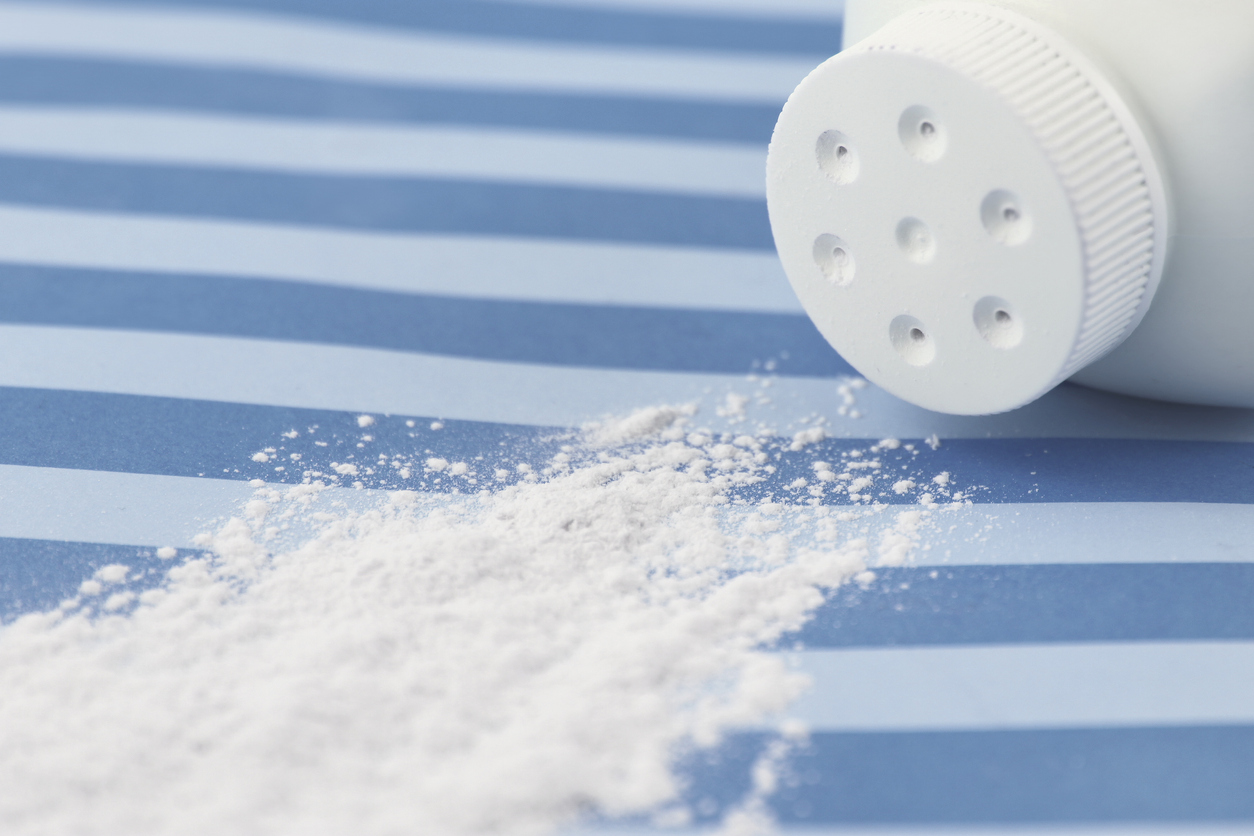Johnson & Johnson has tentatively agreed to pay about $700 million to settle an investigation brought by more than 40 states into the marketing of its talcum-based baby powder, a J&J executive said.
The agreement in principle with attorney general offices in most U.S. states is an “important step” for the company, based in New Brunswick, N.J., as it tries to “reasonably put the matter behind us,” J&J Chief Financial Officer Joseph Wolk said in an interview Tuesday.
Johnson & Johnson has said in securities filings 42 states and Washington, D.C., had launched an investigation into its marketing of talc-based products. New Mexico and Mississippi have filed lawsuits against the company alleging violations of consumer-protection laws.
The tentative agreement was earlier reported by Bloomberg earlier this month.
The proposed settlement with states would only address a small portion of the litigation over the safety and marketing of J&J’s talcum powders. It doesn’t resolve the personal-injury lawsuits filed by more than 52,000 plaintiffs in various U.S. courts against J&J, alleging that use of the powders, primarily Johnson’s Baby Powder, caused cancer.
J&J likely will have to spend billions more dollars to resolve the broader litigation. The company last year proposed paying at least $8.9 billion to resolve the personal-injury lawsuits in a bankruptcy plan filed by a subsidiary, but a bankruptcy judge rejected the plan. J&J is pursuing the consensual resolution of the personal-injury claims through another bankruptcy plan, and analysts have estimated the ultimate settlement cost could range from $10 billion to $15 billion.
The company has said that its talc-based powders were safe, didn’t contain asbestos and didn’t cause cancer.
Many of the personal-injury lawsuits brought against J&J were filed by women who said they developed ovarian cancer after using Johnson’s Baby Powder, formerly one of the company’s most popular products, or another former talcum-powder product.
J&J no longer sells talc-based baby powder. Last year, J&J separated its consumer-health business into a stand-alone company, Kenvue, which sells a cornstarch-based version of Johnson’s Baby Powder.
J&J, however, retained the legal liability associated with the talc-based powder sold in the U.S. and faces hefty costs to resolve the sprawling litigation.
The company has sought to use chapter 11 bankruptcy cases to settle the mass claims in tens of thousands of lawsuits. A New Jersey bankruptcy judge last year rejected the company’s second attempt to resolve these claims through bankruptcy, stating the company’s affiliate LTL Management LLC wasn’t in sufficient financial distress to warrant legal protections under chapter 11. The company created its LTL subsidiary in 2021 to shift its talc-related claims to bankruptcy court and halt more jury trials.
Erik Haas, J&J’s worldwide vice president of litigation, said in an earnings call last year the company would ask the U.S. Supreme Court to overturn lower court rulings denying bankruptcy protection.
Haas said Tuesday the company is pursuing several paths to fully resolve the talc litigation.
The company has won the majority of trials over the talc allegations but has also faced damages. The company paid $2.1 billion to 20 women who said its powder caused them to develop ovarian cancer after the Supreme Court declined to hear the company’s appeal in 2021.












